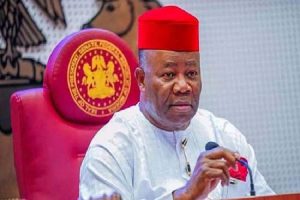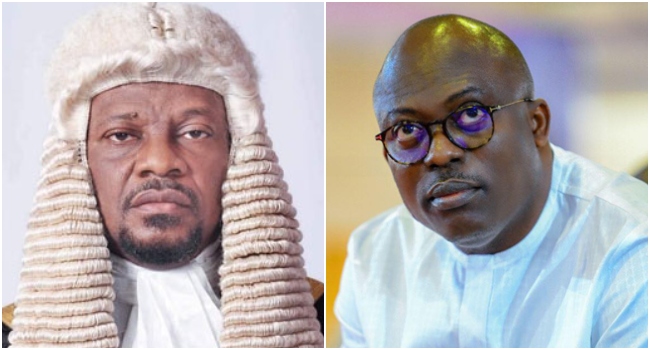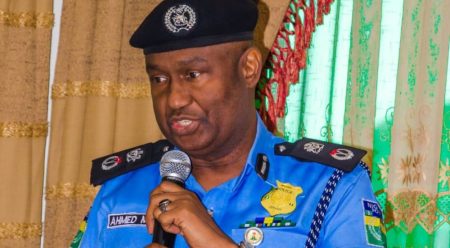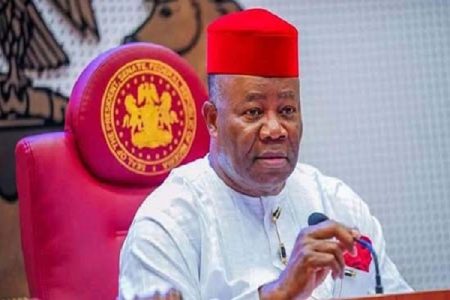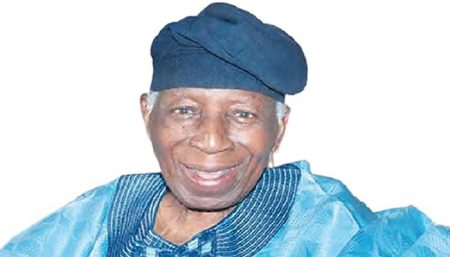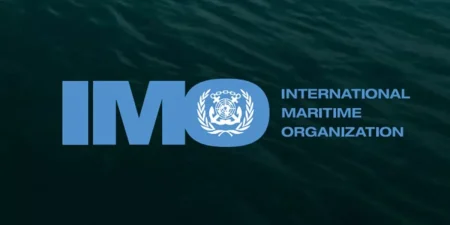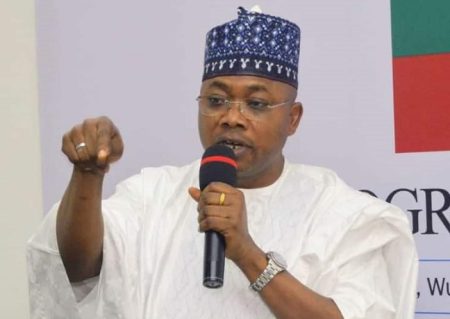The political landscape of Rivers State, Nigeria, has been fraught with tension and uncertainty following the suspension of Governor Siminalayi Fubara and the Speaker of the House of Assembly, Martins Amaewhule. The suspension, enacted by President Bola Tinubu on March 19th, stemmed from escalating political unrest within the state, prompting a declaration of a state of emergency. This drastic measure saw the appointment of retired Vice-Admiral Ibok Ete-Ibas as the interim administrator, charged with overseeing governance for a six-month period. The suspension, subsequently ratified by the National Assembly, underscored the gravity of the situation and the need for decisive action to restore stability. The heart of the crisis appeared to lie in the strained relationship between Governor Fubara and members of the State House of Assembly, with allegations of withheld salaries and allowances for over two years fueling discontent.
A glimmer of hope has emerged in the form of a meeting between the suspended Governor Fubara and the suspended Speaker Amaewhule, along with other aggrieved lawmakers. This closed-door meeting, held in Abuja, marks the first direct attempt at reconciliation between the key players in the Rivers State political drama. Sources indicate that the meeting concluded on a positive note, with observed displays of camaraderie between Fubara and Amaewhule, suggesting a potential thawing of relations. This development has been hailed as a significant step towards resolving the political impasse and restoring stability to the state’s governance.
The Abuja meeting signifies a shift in Fubara’s approach, demonstrating a proactive pursuit of peace and reconciliation. Prior to this meeting, Fubara had engaged with President Tinubu and the Minister of the Federal Capital Territory, Nyesom Wike, but these interactions lacked the direct engagement with the aggrieved lawmakers that many considered crucial for genuine progress. The former Minister of the Federal Capital Territory, Nyesom Wike, has been vocal about the necessary steps for reconciliation, emphasizing the importance of Fubara extending an olive branch to those he allegedly wronged, particularly the members of the State House of Assembly. This recent meeting appears to be a direct response to Wike’s call for action, signifying Fubara’s commitment to addressing the root causes of the political turmoil.
The significance of this meeting cannot be overstated. The allegations of unpaid salaries and allowances had created a deep rift between the executive and legislative branches of the state government, hindering effective governance and contributing to the overall political instability. By engaging directly with the aggrieved lawmakers, Fubara has demonstrated a willingness to confront the core issues and seek a path towards resolution. The positive atmosphere reported from the meeting suggests a potential breakthrough, raising hopes for a more harmonious and productive relationship between the governor and the legislature.
The road to full reconciliation, however, remains complex and requires sustained effort from all parties involved. While the Abuja meeting represents a positive step forward, it is crucial to maintain the momentum and translate the initial goodwill into concrete actions. Addressing the grievances of the lawmakers, including the alleged non-payment of salaries and allowances, will be paramount to building trust and restoring confidence in the government. The six-month timeframe of the state of emergency adds a sense of urgency to these efforts, emphasizing the need for swift and decisive action to stabilize the political landscape.
The future of Rivers State hinges on the ability of its political leaders to transcend their differences and work together for the common good. The meeting between Fubara and the lawmakers offers a beacon of hope, suggesting a potential turning point in the state’s political crisis. The coming weeks and months will be crucial in determining whether this nascent reconciliation can blossom into lasting peace and stability, paving the way for effective governance and the restoration of confidence in the state’s political institutions. The ultimate test will be the tangible outcomes of these discussions, as the people of Rivers State look for concrete actions that address their concerns and ensure a more stable and prosperous future.




